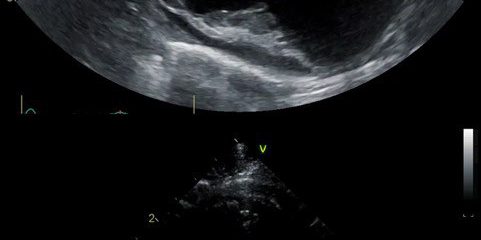
by Melanie Hezzell and Will Davis
10 December 2021, at 9:00am
N-terminal pro-B-type natriuretic peptide (NT-proBNP) is a biomarker of myocardial stretch. Increased circulating concentrations are associated with increased filling pressures which occur in several important cardiac diseases, including myxomatous mitral valve disease (MMVD), dilated cardiomyopathy (DCM) and hypertrophic cardiomyopathy (HCM). This biomarker can aid clinical decision making in patients where access to echocardiography is limited. However, like any diagnostic test, the clinical usefulness of NT-proBNP is greatest in situations in which the clinical suspicion of disease is high (eg to rule in heart disease in a cat with a murmur and a gallop sound) or very low (eg to rule out significant heart disease in middle-aged small-breed dogs without a murmur).
The available commercial tests are a point-of-care (POC) ELISA for cats and quantitative ELISAs for both dogs and cats, which are only available at reference laboratories. Ethylenediamine tetra-acetic acid (EDTA) plasma samples are the preferred sample type for NT-proBNP testing in most clinical scenarios; however, pleural fluid can also be used in cats. Diagnostic accuracy is higher for plasma samples than for pleural fluid samples, and so plasma samples should be used in preference. Nevertheless, in very unstable patients with pleural effusion it might not be prudent to obtain a blood sample, whereas a pleural fluid sample will be collected during stabilisation. In this situation it is reasonable to compromise diagnostic accuracy in favour of patient safety. Read more…

